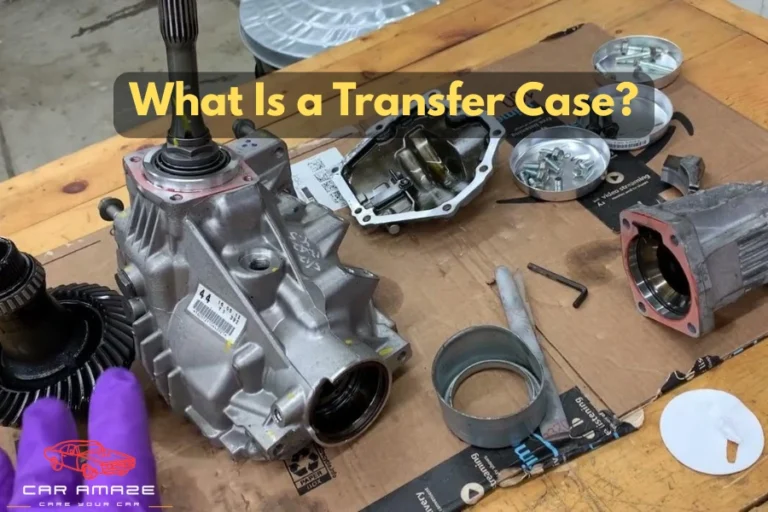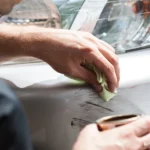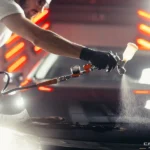Why is my car overheating when idle, and how can I prevent it?
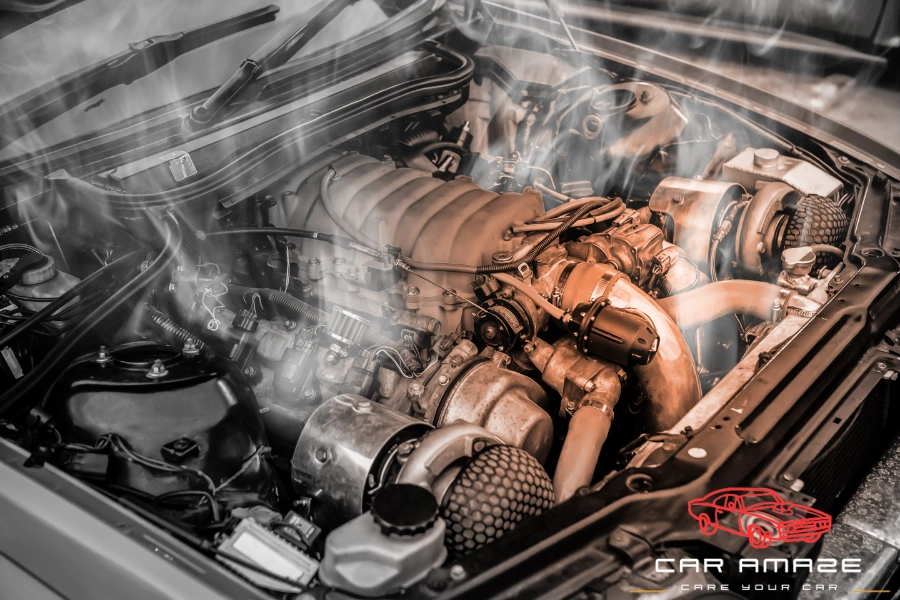
Car overheating is a very stressful and frustrating experience, especially when the car is idle. One common case is when you are stuck in traffic, and suddenly your car gets overheated. However, it is important to understand why your car overheats when idle and how to avoid it. In this guide, you will learn about the common causes of car overheating when idle and practical solutions to stop this.
Quick Answer: Why Your Car Overheats When Idle and How to Fix It 📄
Your car overheats when idle mainly because the cooling system is not working properly or there’s not enough airflow to cool the engine. Common causes include low coolant levels, a faulty thermostat, cooling system leaks, a clogged radiator, or a bad water pump. When the car is moving, air flows through the radiator to keep the engine cool, but when it’s idle, it relies only on the cooling system.
To prevent overheating:
Table of contents
- Why is Your Car Overheating When Idle?
- Solutions to prevent car overheating when idle
- Importance of Regular Maintenance
- Monitoring temperate gauges
- Seeking professional help
- Conclusion
- FAQs
Why is Your Car Overheating When Idle?
There are several reasons that cause cars to overheat when in traffic or in an idle position. Let’s take a closer look at common causes of overheating:
Low coolant level
Coolant is a liquid substance that flows through the car engine to keep it cool. If the coolant level is low in your car, it will not absorb all the heat from the engine. This results in the sudden overheating of cars, especially in high-traffic areas. When your car is not moving on the road, the car starts to overheat due to low airflow. When both the airflow and coolant are low, the car will certainly overheat.
Faulty thermostat
The key role of the thermostat is controlling the flow of coolant between the engine and the radiator. If the thermostat gets faulty, it will allow the coolant to flow through the engine. So, when the engine starts heating, the coolant will not circulate to cool it down. This can result in the car overheating when idle because there is no coolant to cool it down.
Cooling system leaks
The complete car cooling system is made up of several parts, including radiators, hoses, and a water pump. If any of these parts leak, it can lead to the loss of coolant over time. Therefore, even a small leak can cause a car to overheat when idle because there is not enough coolant. Especially when the car engine is in the rest position, the car will overheat due to the lack of coolant and airflow.
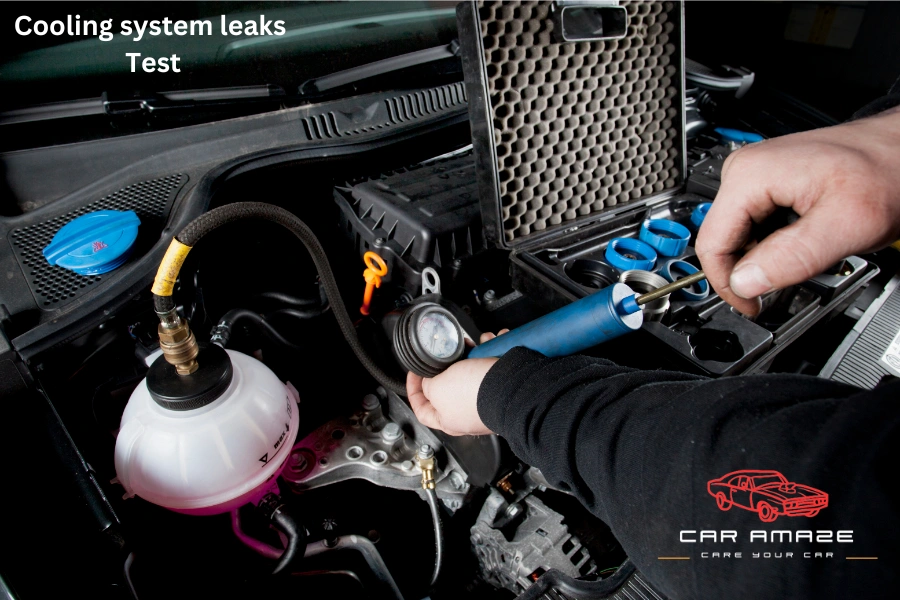
Clogged radiator
The main job of a radiator is to cool down the hot coolant that comes from the engine. Over time, dirt, rust, and debris can build up inside the radiator, which results in clogging. When this happens, the coolant will not cool down and will not be able to absorb more heat from the engine. In this situation, the engine can overheat because it is generating heat, but the radiator is not cooling.
Malfunctioning water pump
The water pump is responsible for moving the coolant through the engine and the radiator. The faulty water pump restricts the proper movement of coolant through the radiator and engine. This is also one of the common reasons for a car overheating when it is not moving. Without the proper circulation of coolant, the engine will start getting hotter and hotter. After some time, the engine will completely stop working if you do not take the necessary precautions.
Solutions to prevent car overheating when idle
Now that you know about the common reasons why cars overheat when idle, let’s take a look at some effective solutions.
Check and refill coolant levels
Whenever you start driving the car, check the coolant level. Make sure that it is at an optimal level according to the manufacturer’s instructions. If you find that the coolant level is low, buy a high-quality coolant and refill it as necessary.

Replace the thermostat if necessary
If you suspect that your thermostat is faulty, it is important to replace it as soon as possible. The thermostat is relatively expensive, but not changing it can cause more expensive damage. Replacing it will allow the coolant to work properly and will make a big difference in engine cooling.
Inspect and repair leaks
Other than checking the coolant level, also inspect the cooling system to find leakages. Check the hoses, radiator, and water pump for any signs of leakage. Even if you find a small leakage in any part, fix it quickly to avoid loss of coolant.
Flush and clean the radiator
Flushing and cleaning the car to prevent overheating also prevents overheating when idle. Weekly cleaning of radiators prevents the accumulation of dirt and debris in radiators. This way, you can reduce the chances of permanent radiator malfunction and prevent car overheating.
Test and replace the defective water pump
If the water pump is not working properly, you must repair it with experts or buy a new one. Replacing a faulty water pump will ensure that the coolant flows correctly. It will also make sure that the engine does not overheat when the car is not moving.
Avoiding extended idling
One of the safest methods is not to stop the car for a long time with the engine turned on. If you are stuck in traffic or have to wait for someone, the best method is to turn off the engine. Extended idling can cause the engine to overheat due to the lack of airflow. This practice is highly useful for old cars or cars with faulty cooling systems.
However, if your car gets damaged by hail while left idle in bad weather, you will also have to bear the repair costs. Check out this article to find out if it is worth fixing hail damage.
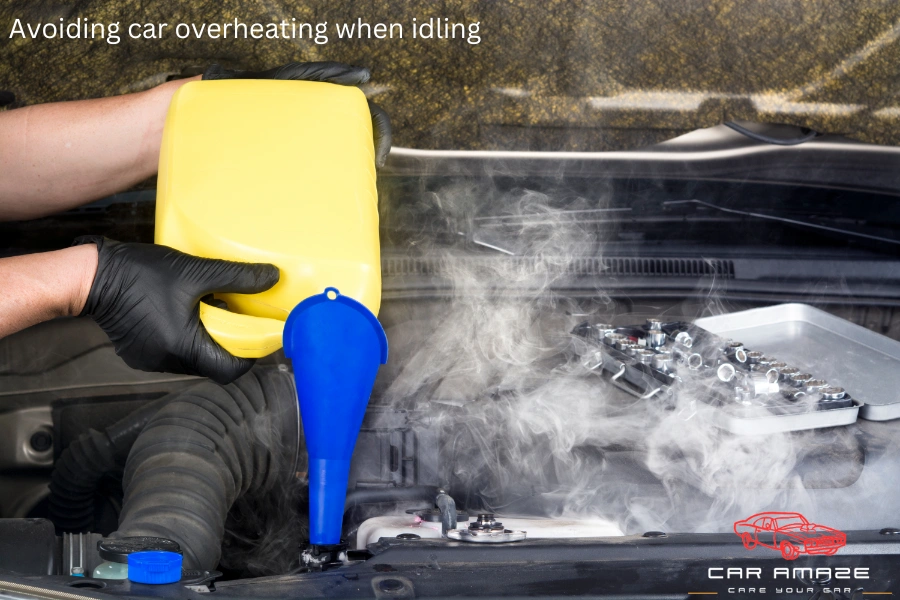
Importance of Regular Maintenance
Regular maintenance is key to keeping your car’s cooling system in good shape. This table highlights some of the important maintenance tasks and their importance.
| Maintenance Task | Frequency | Benefits |
| Check Coolant Level | Every 2,000 to 3,000 miles | Prevents engine overheating |
| Change Engine Oil | Every 5,000 miles | Lubricates engine parts |
| Inspect Hoses and Belts | Every 4 – 6 months | Prevents leaks and breakdowns |
| Flush Radiator | Every 10,000 miles | Removes contaminants and improves cooling |
| Replace Thermostat | As needed (if faulty) | Ensures proper coolant flow |
| Test Water Pump | As needed (if faulty) | Maintains proper coolant circulation |
| Clean or Replace Air Filter | Every 5,000 to7,000 miles | Improves engine efficiency and prevent overheating |
| Check Battery Health | Every 6 months or if faulty | Ensures reliable starting and operation |
Monitoring temperate gauges
You must keep an eye on the temperature gauge to check the heating status of the engine. The temperature gauge on your dashboard shows how hot your engine is running. If you notice the needle moving towards the red zone, it is a sign that the engine is getting too hot. At this point, stop the car and take the necessary measures to prevent serious accidents.
Seeking professional help
If your car is overheating and you are unable to identify the issue, get help from a professional mechanic. Professionals have the tools and knowledge to diagnose and fix the issues that you are unable to find and fix. Getting help from expert mechanics protects your car’s engine from serious damage. Moreover, as soon as you see any warning light on the dash, like the battery light on in the car, the low fuel level warning, etc., take immediate action.
Conclusion
Car overheating when idle is a critical issue, and you must solve it quickly. Knowing the main cause of overheating helps you quickly fix the heating problem. Remember to check coolant levels, monitor the temperature gauge, and seek professional help when necessary. Hopefully, you have learned everything in detail about the car overheating issues.
FAQs
How do you fix idle engine overheating?
Some common initial steps to fix an overheating engine include checking the coolant level, inspecting the thermostat and water pump, and looking for leaks in the cooling system. If you find any issues with these things, go to an expert mechanic for repair or fix them on your own if you have the skills.
Why does my car overheat when idling but not when I drive?
Your car may overheat when idling because there is no airflow to cool the engine. Moreover, the situation becomes worse if the cooling system in your car is faulty.
Can you drive with an overheating, idle engine?
You should not drive the car when the engine is overheated because it is not safe. Driving the car in such a situation can result in serious damage to the engine, or even the engine can burn.
Why does my car overheat when idle with the AC on?
The AC adds extra load to the engine, causing it to work harder and generate more heat. Therefore, if the cooling system is not working properly and there is no airflow, the engine will overheat.
How often should I check my car’s coolant level?
Check the coolant level whenever you start driving the car. This inspection will also help you figure out other critical issues, such as coolant leakages.

